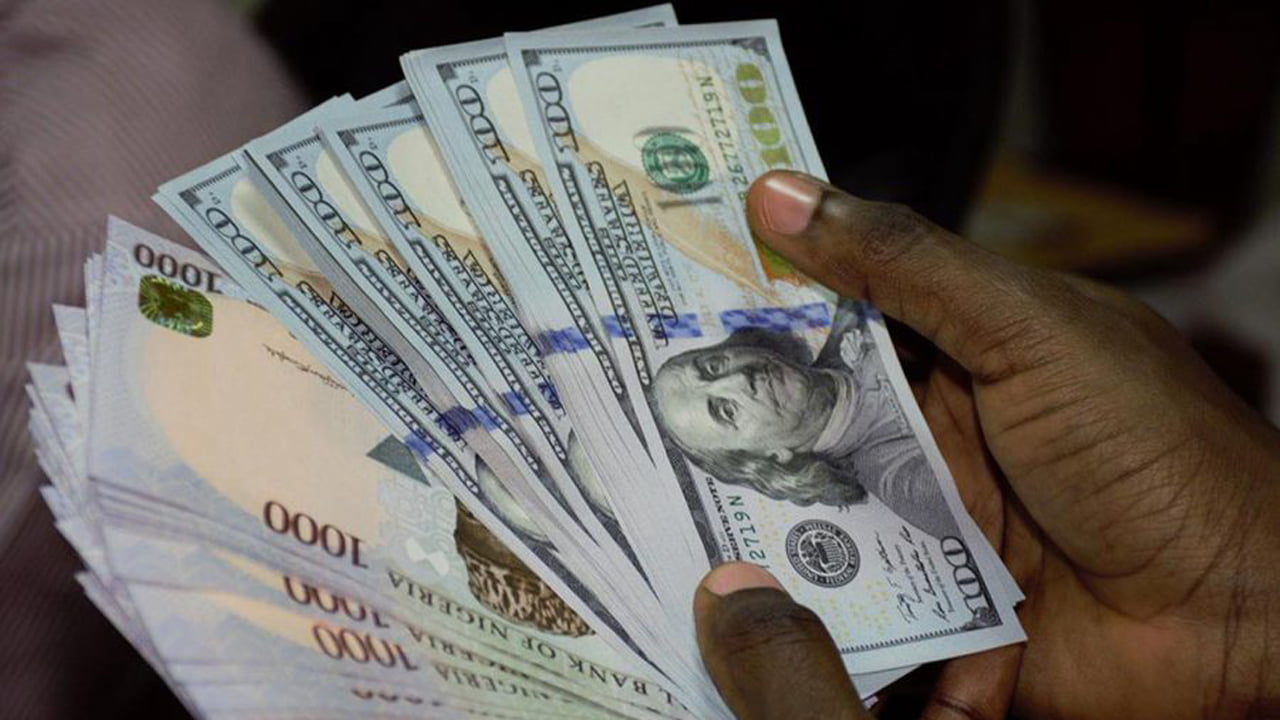Nigeria relied on foreign borrowing ($1.21bn) to boost its capital importation in the first six months of 2023.
This is as 28 states failed to attract any foreign investments in the time under review, according to report from the National Bureau of Statistics on Nigeria Capital Importation. In 2023, total capital importation dropped by 30.42 per cent year-on-year in the first half of 2023 to $2.16bn from $3.11bn, from the corresponding period of 2022.
As issues such as insecurity and difficult business environment continue to impact foreign direct investments into Nigeria, the country has become increasingly reliant on foreign loans to boost capital importation.
Foreign investments in forms of loans grew by 17.43 per cent to $1.21bn in the first half of 2023 from $1.03bn as of the corresponding period of 2022.
Commenting on the composition of foreign investments into the country, the NBS said, “In Q2 2023, other investments top accounting for 81.28 per cent ($837.34m) of total capital importation in Q2 2023, followed by Portfolio Investment with 10.37 per cent ($106.85m) and Foreign Direct Investment with 8.35 per cent ($86.03m).
Only Lagos, Abuja, Adamawa, Akwa Ibom, Anambra, Ekiti, Niger, Ogun, and Ondo attracted foreign investors to the country.
Recently, the World Bank stated that foreign direct investment into Nigeria has fallen because of limited forex availability, security concerns, and other structural challenges.
A professor of economics at the University of Uyo, Akpan Ekpo recently told The PUNCH that foreign investors is crisis-shy and stated that the insecurity crisis in certain regions of the country had waned investors’ confidence.
Ekpo said, “The states didn’t attract any investments for obvious reasons. With the insecurity, there is no way you will attract foreign investment when your place is not secure. They will not come.”





2 Comments